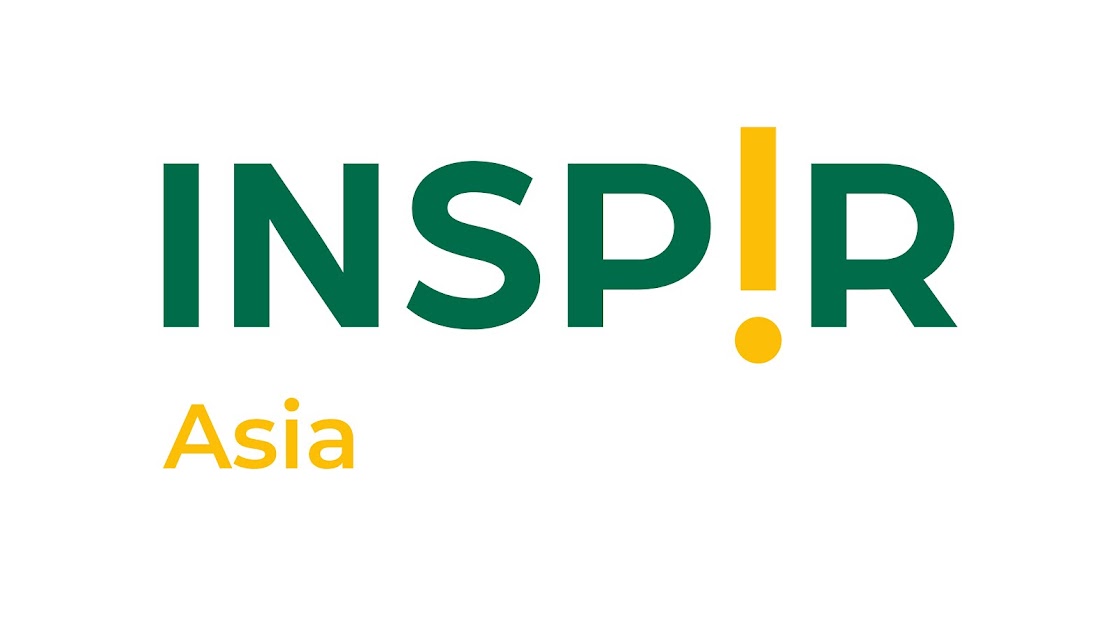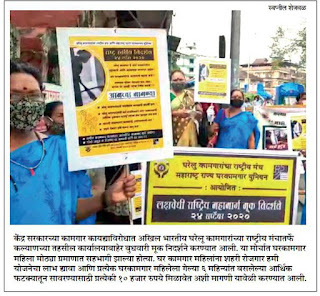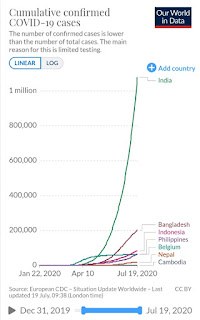Members from WSM and INSP!R Asia attended the OECD Development centre policy dialogue on Social Protection and Development 1st meeting of the OECD Policy Dialogue on Social Protection and Development which focused on a central theme we have been focusing on: extending Social Protection to Informal Economy Workers. The following gives an idea of what was discussed:
Recent years have seen a heightened recognition of the potential role of social protection in the development process. Universal social protection now constitutes an essential component of the global agenda for sustainable development and it features amongst key policy priorities in several regional and national commitments. The current COVID-19 crisis, which is disproportionately affecting the most vulnerable, sadly confirms the centrality of social protection to build more resilient societies.
Yet, the road to universal social protection remains difficult in many countries. A common challenge in developing and emerging countries where informal employment dominates is to find appropriate modalities to expand social protection coverage in a way that recognises the diversity of informal economy workers and provides them with mechanisms that are fair, efficient and sustainable. As governments intend to build informality-robust social protection systems, another challenge is to make social protection instruments gender-sensitive and gender-transformative. In this context, learning from countries about their experiences in extending social protection to men and women in the informal economy appears critical.
The aim of this first meeting of the policy dialogue on social protection and development is to provide an interactive setting between member countries of the OECD Development Centre and other stakeholders for an issue-based peer dialogue, experience sharing, mutual learning and the collective production of new knowledge to support the extension of social protection to informal economy workers. As such, it is an important contribution to the Universal Social Protection Agenda 2030. The dialogue was articulated around the following sessions:
- Session 1 looks at the importance of capturing the different social protection needs of informal economy workers;
- Section 2 and Session 3 discuss the role of social assistance and social insurance for informal economy workers in times of COVID-19, respectively; and
- the last session addresses the role of innovative financing schemes for informal gig-economy workers.
A new OECD database – the OECD Key Indicators of Informality based on Individuals and their Households (KIIBIH) – relies on household surveys from 41 countries to derive harmonised and comparable indicators across countries related to informal employment measured at the level of individuals and their households. By covering both individuals and their households, the database allows for a comprehensive monitoring of informality that captures the heterogeneity of informal economy workers, taking into account the broader context of their households. The household dimension allows to monitor how workers’ vulnerability in the informal economy is passed on to other segments of the population and also enriches our understanding of the different channels through which social protection can reach out to informal workers as part of the formalisation agenda.
Such data suggest that a strategy to extend social protection to informal economy workers may well be articulated around the following three pillars:
- (i) closing the social protection gap among poor informal economy workers through non-contributory schemes;
- (ii) extending contributory schemes to non-poor informal workers that have the capacity to contribute; and
- (iii) creating incentives to levy higher social security contributions from employers of wage workers and workers in hidden employment relationships.




































